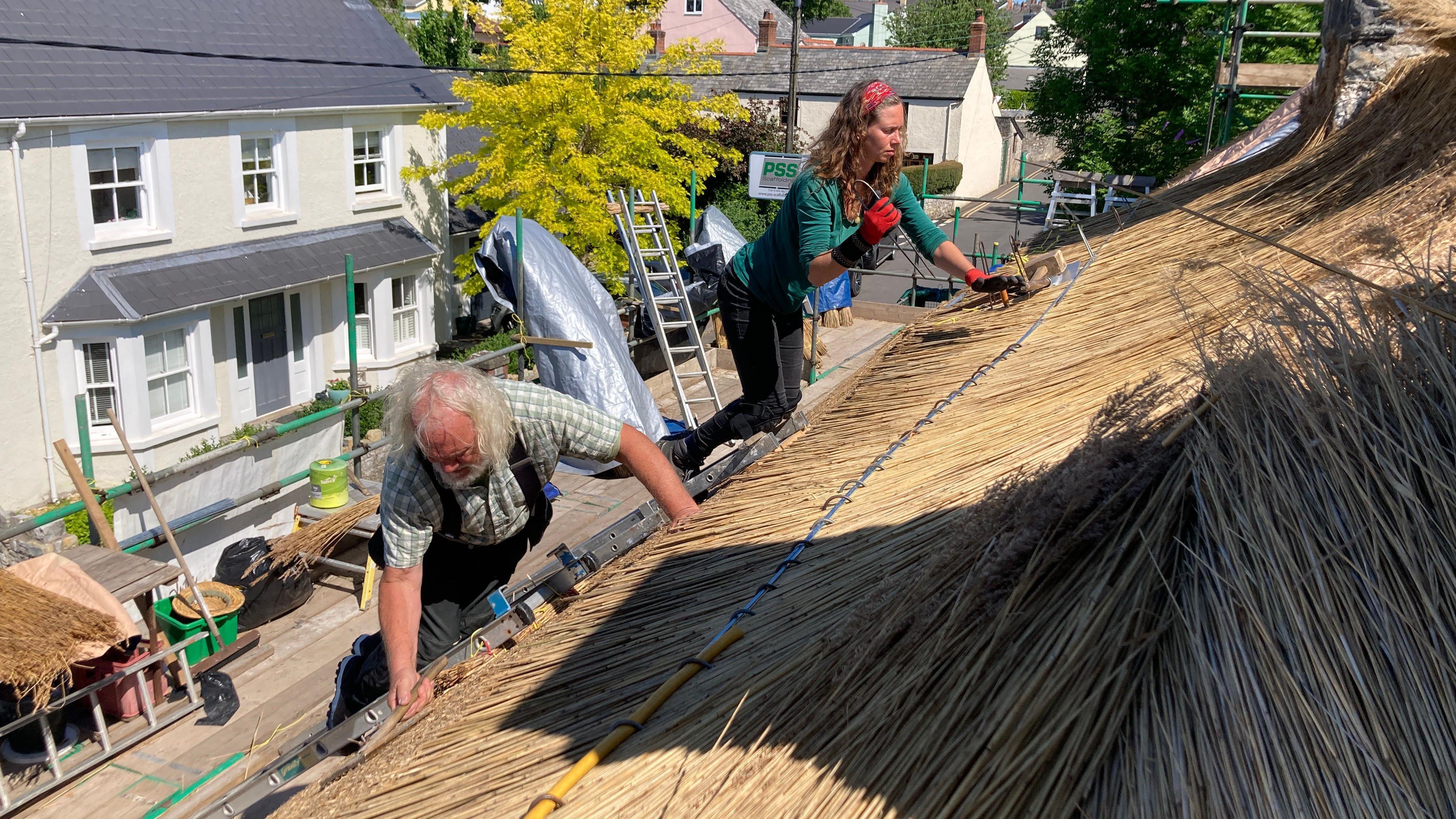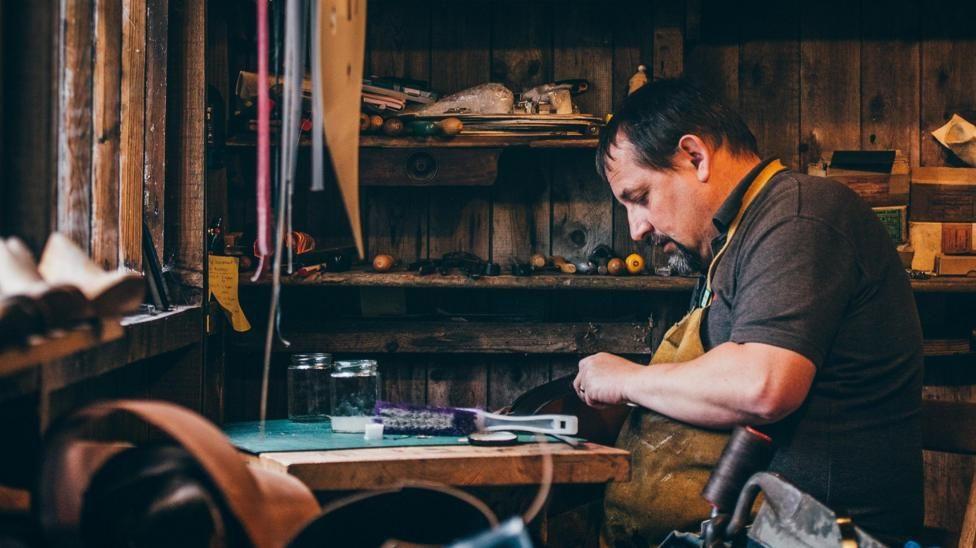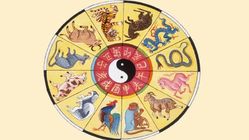Have you ever considered pursuing a career in basket weaving, helmet manufacturing, or crafting rattan furniture?
These are among the trades that are becoming less common, thus appearing on a list of threatened professions.
Research conducted by Heritage Crafts, a charitable organization dedicated to supporting and promoting traditional crafts, has found an additional 20 crafts in danger of disappearing from the United Kingdom.
The study revealed that increasing operating expenses, insufficient formal training programs, and growing competitive pressures are exerting unmanageable stress on trades reliant on specialized manual abilities.
Handicrafts like cut crystal glass production and fabric flower crafting have been deemed “critically endangered.”
This indicates a dwindling number of artisans, insufficient training prospects, inadequate financial sustainability, or an absence of methods for transferring skills and expertise.
This year, two types of thatching from Welsh and Irish traditional styles were included in the list.
Master Thatcher Alan Jones emphasizes that maintaining this trade is crucial for those aiming to adopt a sustainable way of life.
He stated, “In this era of advanced technology, individuals value handmade items since they represent the genuine efforts and emotions invested in them. This inherent worth is truly significant.”

This holds value due to its legacy; it’s an integral chapter of our narrative and origins, illustrating how we’ve evolved as a society within the continuum of time. It plays a crucial role in sustaining traditions across generations.
A mass-produced item isn’t always superior. Something handmade often carries a touch of personal sentiment.
Priya Pannochia has been serving as an apprentice under Alan and feels that her cohort is becoming increasingly disinterested in traditional craftsmanship.
She stated: “Many of these methods we’re studying here are quite commonplace in other regions around the globe.”
To me, it feels more about being in sync with nature and understanding how to handle things on our own.
Should I ever have to learn how to start a fire, I am aware of the process. If the necessity arises to construct a shelter, I understand how to do so.
I believe it’s crucial to keep these traditional methods and associated crafts in mind generally speaking.
Certain craft categories considered at risk include:
- Armour and helmet making
- Processing of flax, hemp, and nettles
- Hazel basketmaking
- Lace making
- Lute making
- Organ building
- Quilting (in a frame)
- Welsh double cloth weaving
- Cut crystal glass making
- Fabric flower making
- Glove making
- Rake making
- Rattan furniture making
- Thatching

Handcrafted clog-making, which falls under the category of being critically endangered, involves producing clogs manually.
Geraint Parfitt, one of just two craftsmen in Britain who continue to make clogs completely by hand in their workshop at the National Museum of Wales, St Fagans, expressed contentment over the acknowledgment that these traditional skills are fading away. However, he also noted with sadness that such lists have to be compiled at all.
Since the clogs are custom-made, Geraint traces around the individual’s feet.
Next, I take a piece of straw stub and cut it entirely with three knives held in my hand. Afterward, I proceed with all the leatherwork, cutting and sewing everything manually.
Individuals return for another fitting to ensure everything fits properly, after which I assemble the pieces; and that’s all there is to it. It’s simple,” he explained.
Geraint mentioned that it might require up to 10 hours of work from him, yet it could still take as long as six months for the shoes to be prepared because he has duties at the museum and interacts with visitors.
“I believe individuals are beginning to value traditional methods, yet the difficulty lies in earning a livelihood from them since people aren’t inclined to compensate for the extensive time required to execute such tasks,” he stated.
They are ready to spend £50 per hour for having their car repaired but not for me to craft their footwear.
Daniel Carpenter of Heritage Crafts highlighted that the list emphasizes the necessity for funding and backing to protect these skills for future generations.
He stated that reversing this downturn would signify not only the persistence of skilled trades but also a considerable enhancement to the UK’s cultural legacy and numerous prospects for upcoming innovations.
- Small spaces: Mortgage-free living, minimal expenses, and ambitious aspirations
- We manage our households without grid power.
- Can constructing your own house help solve the housing crisis?
- Intense dispute arises as off-grid community refuses to vacate £1m countryside home
- Elton John and Dua Lipa look for safeguards against AI
- What exactly is artificial intelligence (AI) and what is the process behind how it functions?





